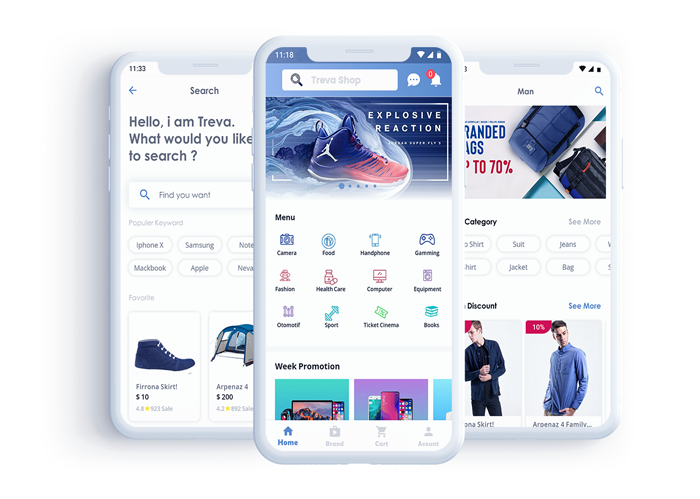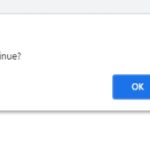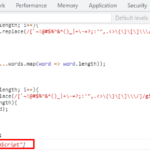The current mobile app development landscape is incredibly complex. There are a number of different ways to create an app, with each way having its own set of tradeoffs and advantages. Hybrid mobile apps stand out for their simplicity and affordability while retaining the ability to provide a great user experience on both platforms. With hybrid mobile app development, you get all the benefits of native coding without any unnecessary complexity or cost. This article will discuss some reasons why this type of approach might be best for your business!

Table of Contents
What is a Hybrid Mobile App?
A hybrid mobile app is one that can run on multiple platforms by being wrapped up in a native container. This means that they are able to run on both iOS and Android devices by creating an app that functions similarly to a website.
At the heart of how native apps work is native SDKs, or software development kits, which are provided by Apple and Google for their respective platforms. These software development kits allow developers to write native, optimized code for the specific platform. Generally, this means that the apps created with these languages are more performant but also have a steeper learning curve.
Some popular platforms for creating hybrid mobile apps are Flutter and React Native. These are well supported by Google and Facebook respectively, meaning that they are continually being improved upon. These platforms allow for the use of well-established languages like Dart and Javascript to create apps that run on both Android and iOS devices.
Benefits of Hybrid Mobile Apps to Small Businesses
Require Lower Cost
One inherent downside of app development is the cost. Many small businesses find it difficult to justify paying so much money for an app, especially when they are unsure whether or not their target audience will actually use it.
The great thing about hybrid mobile apps is that they can be developed almost at scale. That means you pay one rate regardless of how many platforms your app needs to run on! This lack of incremental cost also makes updating and maintaining your app easier than with native apps – because there are no separate codebases to deal with!
Beautiful Interface
A big reason why people get into smartphone usage in the first place is a better user experience. While this may be something you’ve heard before, consider the ease of access and the modern experience of using a smartphone: you can make phone calls, send messages, post on social media, pay bills, take pictures – all from your device right in front of you!
With this in mind, it’s easy to see how important the user interface is. For people to get excited about your app and use it frequently, they need an intuitive way to interact with the contents inside. The great thing about hybrid mobile apps is that they can provide a highly appealing UI by creating a separate web application that runs within a native container.
This means that users don’t have to deal with different versions or something confusing like WebView. Instead, they’ll be able to click through things easily just as if they were on a website!
Performance and Speed
One of the major issues with web apps is that they’re limited mostly by network speeds. Even when you can download an application store version of a website, the experience and speed will be limited by your internet connection. With hybrid mobile apps though, you get all the benefits of both sides: the user doesn’t have to sit and wait for everything to load as they would on a typical webpage while also not having to deal with app stores or other annoyances.
Same Experience as Native App
Another benefit of hybrid mobile apps is how easy it is to transition between different platforms. For example, let’s say you wanted your users to have access to an experience on desktop, mobile, and tablet.
With a native app, you would have to build three different apps that are heavily customized for each platform. On the other hand, with hybrid mobile apps, it’s as simple as creating one web application that is then put into an easy-to-use container!
Offline Support for Apps
One of the biggest advantages of using a smartphone is being able to access your data anywhere, anytime. This is especially true if you’re making use of things like Uber or Yelp – simply because users always need quick access to their information on demand!
Another great thing about hybrid mobile apps is offline support. All your user does is download the app once, and they can use it just like a native application without having to deal with all the limitations of mobile websites.
Conclusion
There are many benefits to using hybrid mobile apps for small businesses: low cost, attractive UI, great performance and speed, same experience as a native app, and offline support!




